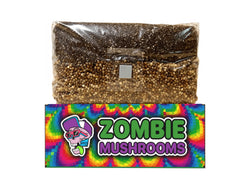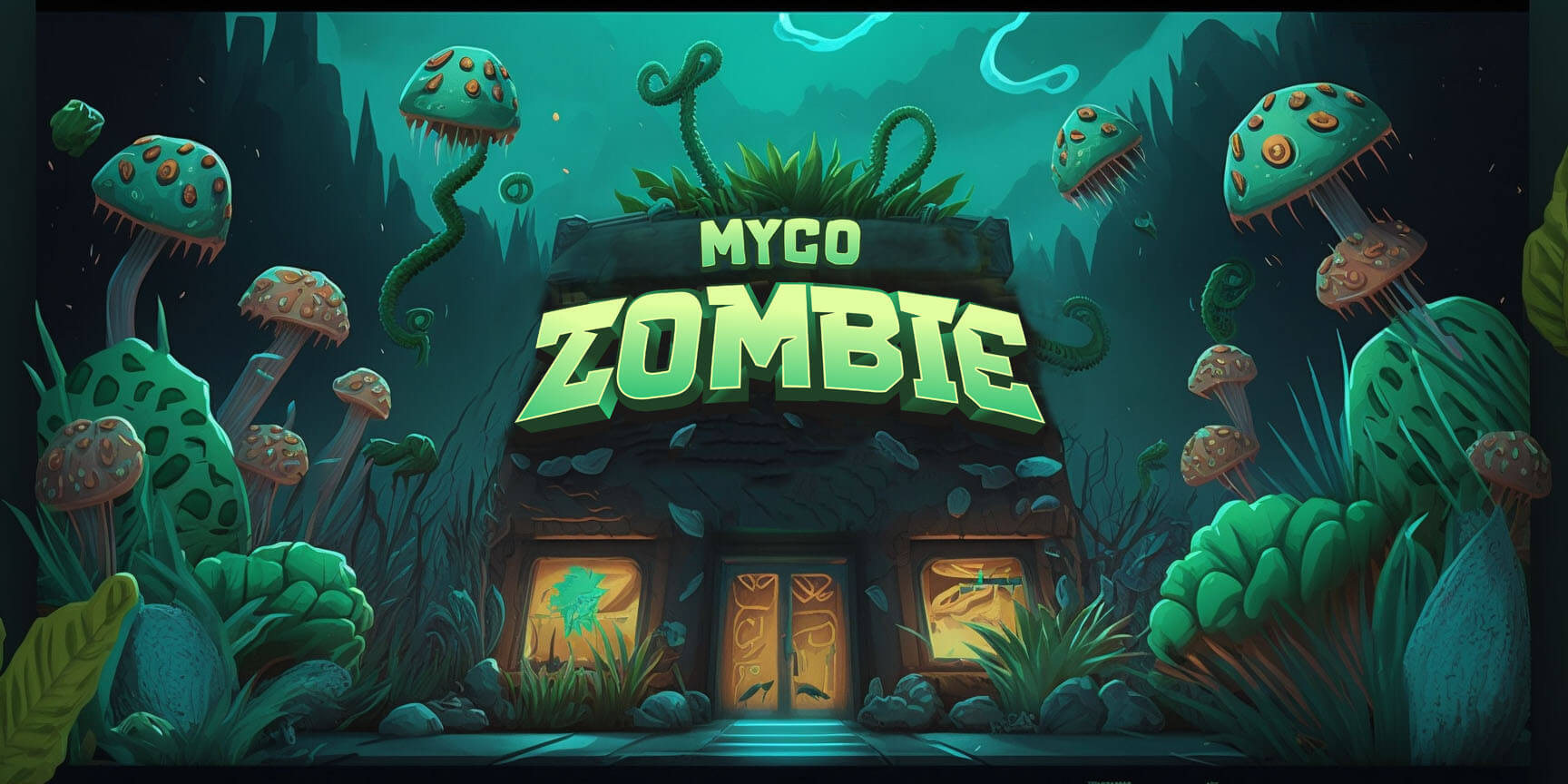⬇️ Prefer to listen instead? ⬇️
- A 100g serving of white button mushrooms provides about 3g of plant-based protein.
- While not a complete protein, mushrooms work with other plant-based foods to make full amino acid profiles.
- Mushrooms are one of the most planet-friendly protein sources. They need little land, water, and energy.
- Mushrooms contain ergothioneine and selenium. These are antioxidants that help cells stay healthy and support your immune system.
- Eating mushrooms with beans, grains, or seeds adds more protein and nutrients to your meals.

Why Protein Matters in the Everyday Diet
Protein is more than just a nutrition term—it’s an important macronutrient that does many things for your body every day. It helps you rebuild muscle after a workout. It helps make enzymes and hormones. It helps make your immune system strong. It helps you have glowing skin and healthy nails.
You can thank protein for these things. Your body is always breaking down and rebuilding proteins. So you need to eat protein every day to keep this balance. Most adults need about 0.8 grams per kilogram of body weight per day. That's roughly 46 grams for the average woman and 56 grams for the average man (National Institutes of Health, 2021).
If you eat a plant-based diet, you need to eat many different protein sources. This is key to making sure you get all the essential amino acids during the day. Mushrooms are a food like this. They are healthy. People often don't think about them for protein. But they add more protein than you might think.
Mushrooms as a Surprising Plant-Based Protein Source
Most people think of protein from animal foods like chicken, eggs, or dairy. But if you're eating more plants, mushrooms are a good choice. A 100g serving of white button mushrooms gives you about 3 grams of protein.
But they help not just because of the amount. They also help because you can eat them regularly and cook them in many ways. They are one of the few plant proteins that feel and taste like meat. This is because they have a strong umami taste.
Many vegetables kind of disappear when you cook them. But mushrooms are different. They have a good texture and feel satisfying to eat. These things can make it easier if you are changing to a flexitarian or fully plant-based diet. Also, mushrooms stay firm when cooked. This makes them good for baking, grilling, or cooking in a pan.
They don't fall apart or lose taste. You can cook them in many ways. So you can eat them often in soups, wraps, burgers, stir-fries, and other dishes. Eating them often helps you get more protein during the day.

Are Mushrooms Considered a Complete Protein?
Mushrooms have all nine essential amino acids. But they don't always have enough of each to be called a “complete protein” by nutrition experts. So they are a good plant protein, but not a complete one. But the idea of "protein combining" has changed in how we think about nutrition now. You don't need to get all amino acids in one meal. It's better to eat different plant foods during the day. This way, you make sure you get complete nutrition.
You can eat mushrooms with other plants like beans (lentils, chickpeas), whole grains (quinoa, brown rice), nuts, or seeds. Doing this easily gives you all the essential amino acids. For example, make a stir-fry with mushrooms and tofu over brown rice. This meal gives you many amino acids. It is also satisfying and full of nutrients. This simple way of eating shows how useful mushrooms are. They help complete the protein mix when you eat more plants.

Beyond Protein: Other Nutritional Benefits of Mushrooms
Mushrooms don't have the most protein by themselves. But they are great for other nutrients. They are low in calories and fat. This makes them good for diets aimed at keeping a healthy weight. Mushrooms don't add extra calories or cholesterol. Instead, they offer:
- B Vitamins: Mushrooms have a lot of riboflavin, niacin, and pantothenic acid. These help your body use energy. They also help make red blood cells and keep your nervous system healthy.
- Selenium: Your body needs selenium to make DNA and keep your thyroid working right. It's also an antioxidant that protects cells from harm.
- Ergothioneine: This is an antioxidant that happens naturally. You find it mostly in mushrooms. Studies show it can reduce oxidative stress. This stress is connected to long-term sicknesses like heart disease and brain problems (Ey et al., 2007).
- Copper and Potassium: These help your nerves work. They are also good for your heart and immune system.
- Beta-glucans: Some mushrooms have beta-glucans, like shiitake and maitake. These are soluble fibers. They are known to help your immune system stay healthy.
Mushrooms are good for your health in many ways. They help you stay hydrated because they have a lot of water. Their fiber helps your digestion. And antioxidants help your cells stay strong for a long time. Put all these nutrients together. They show why mushrooms should be a regular part of eating a balanced diet with whole foods.

Mushroom Nutrition by the Numbers
Look at what's in white button mushrooms. It might surprise people who think only kale or broccoli are superfoods. A 100-gram serving of white mushrooms has:
- Calories: ~22 kcal
- Protein: 3g
- Fiber: ~1g
- Fat: 0g
- Water Content: ~90%
They have a lot of water. This helps if you are trying to eat fewer calories or control how much you eat. They have a little bit of protein, but it matters. Plus they have fiber and other nutrients. This makes mushrooms a good food choice if you want to live a long time, have energy, and help your immune system.

Sustainable Protein: Mushrooms and Environmental Impact
These days, people worry more about the planet. So it's very important to pick foods that don't harm the environment much. Mushrooms are one of the best plant foods for protein that are also good for the planet. They use much less water, land, and energy than raising animals for food. Mushrooms are more sustainable than meat. They are even more sustainable than some plant proteins like nuts and soy. Here's why:
- They use very little water: Mushrooms need a lot less water for the amount of protein you get compared to animal food.
- They use land well: You can grow mushrooms up, not just spread out. You can also grow them in small places. So they don't need huge amounts of land.
- They grow fast: Many mushrooms are ready to pick in less than a month. This makes them good for growing in cities and close to where people live.
- Low Pollution: Growing mushrooms doesn't create much greenhouse gas.
Eating mushrooms for protein is good for you. And it helps the planet too.

Ideal for Plant-Based & Flexitarian Diets
Mushrooms connect people who eat meat and those who eat mostly plants. They taste great and feel good to eat. So you might crave meat less. Flexitarians eat meat sometimes but mostly plants. For them, mushrooms can easily take the place of meat in many dishes. You still enjoy the meal just as much. They work well with beans, seeds, nuts, and grains. This makes the meal more complete nutritionally. And it's easy to cook.
Mushrooms make food taste better and feel good to eat. They are also easy to digest and something people know. Other new plant proteins are like pea protein powder or lab-made meat. But mushrooms have been a main food in many places for hundreds of years. This makes them an easy choice for people who want to eat healthy.

High-Protein Meal Ideas with Mushrooms
You don't need to change how you cook completely to add more plant protein to your diet. Mushrooms work well in many types of cooking. Here are some meal ideas with lots of protein and mushrooms:
- Grilled Portobello Mushroom Steaks with a lentil and arugula salad
- Tacos using sautéed mushrooms and black beans spiced with cumin and chili
- Pasta sauces packed with umami by blending mushrooms with soft tofu and chickpeas
- Homemade mushroom burgers using oats, lentils, and chopped onions
- Edamame and Shiitake Stir-Fry over cooked brown rice with ginger-soy dressing
- Miso soup with mushrooms, seaweed, and tofu for a warming protein-rich dish
- Power bowls featuring wild rice, roasted mushrooms, tempeh, kale, and tahini
These meals taste good. And they help you get the right mix of amino acids. This keeps your body working well if you eat a plant-based diet.

Are Some Mushrooms Higher in Protein than Others?
Not all mushrooms have the same amount of nutrients. The protein difference per 100g might seem small. But it can matter if you eat mushrooms often.
| Mushroom Type | Protein per 100g (cooked) | Notes |
|---|---|---|
| White Button | 3g | Mild taste, many uses |
| Portobello | ~3.1g | Great for grilling, burgers |
| Shiitake | ~2g | Strong umami taste, used in Asian food |
| Oyster | ~3.3g | A bit more protein, good in soups, stir-fries |
Try different kinds of mushrooms. Don't just do it for the taste. Do it because they have small differences in nutrients and protein.
How to Maximize the Protein Power of Mushrooms
Mushrooms don't have all amino acids, and their protein isn't super high. So here's how to make them help your protein goals more:
- Try different kinds of mushrooms - Use white button, shiitake, oyster, and cremini. This helps you get more types of nutrients.
- Eat with grains and beans - Brown rice, lentils, quinoa, and black beans all add more protein. They also give you more types of amino acids.
- Mix into dishes - Add chopped mushrooms to chili, pasta sauces, or meatloaf. This makes them taste better and keeps them moist. People who eat meat like this trick too.
- Use mushroom powders - Dry mushroom powders (like lion's mane or cordyceps) give you a lot of protein and other helpful compounds in a small amount. Put them in smoothies or soups.
- Make mushroom spreads - Try a creamy mushroom-pumpkin seed spread or chickpea-mushroom hummus. These are easy snacks or sandwich fillings with protein.
These ways of using mushrooms help you get protein every day. They are extra helpful for vegans and vegetarians who want more choices.

Why Protein Amount Isn’t Everything in Whole-Food Diets
Some people think food is only good if it has a lot of protein per gram. Protein amount matters, but with whole foods, everything works together. It's about how all the nutrients in a food package work.
Mushrooms are a good example. They are powerful because they give you benefits over time. This comes from helpful plant compounds, water, fiber, and how you can use them in many dishes. When you think about mushroom nutrition, think about:
- Feeling full from fiber and water
- Protection over time from antioxidants
- Different nutrients for your gut, immune system, and brain health
- Can be used in many dishes and types of food
Steak might have more protein on a chart. But mushrooms are essential if you look at overall health.

Cultivated Mushrooms: A Home-Grown Solution
Do you want to grow your own food? Do you care about the planet? Do you want to know where your food comes from? Growing mushrooms at home is easy. It's a simple way to have control over what you eat.
You can easily buy kits to grow mushrooms. They don't cost much. And you don't need to know a lot about gardening. You just need space on your kitchen counter. You can grow kinds like oyster, shiitake, or lion's mane.
Growing at home helps in these ways:
- Food that is fresher and keeps more nutrients
- Creates less carbon pollution
- Less packaging and food waste
- Fits easily into your daily meals
To do this, start with easy kits from Zombie Mushrooms. We can help people easily add healthy mushrooms to their cooking.
If you're making plant-based meals or looking for healthy foods that are good for the planet, think about mushrooms. They add protein, but that's just one thing. They also bring antioxidants, fiber, water, and good taste. Eat them the right way with other foods. Mushrooms can become a key part of how you eat for a long time. They help you stay healthy. And they help take care of the planet.
Citations
- Ey, J., Schömig, E., & Taubert, D. (2007). Dietary sources and antioxidant effects of ergothioneine. Journal of Agricultural and Food Chemistry, 55(16), 6466–6474. https://doi.org/10.1021/jf071202v
- National Institutes of Health. (2021). Protein: Why your body needs it. U.S. Department of Health & Human Services. https://www.nih.gov/news-events/nih-research-matters/more-protein-may-lower-risk-frailty
- U.S. Department of Agriculture. (2023). Nutritional values of mushrooms. USDA FoodData Central. https://fdc.nal.usda.gov/




